
Lebanese activists in unique situation
In February this year 50 Lebanese activists, some carrying rainbow flags, protested against the beating of two gay men by police in a central square in Beirut. What made this demonstration special was that it may have been the first public protest against the treatment of gays in the conservative Arab world.
Ghassan is one the founding members of Helem, Lebanon’s leading LGBTI activist group.
“The protest is part of a general campaign to remove 534, but the main goal was to stand up to violence in the streets carried out by the state, through police, army, intelligence services, etc,” Ghassan said.
Article 534 of the Lebanese penal code states, “Punishment of all sexual relations that are unnatural with imprisonment from one month to one year, and a fine ranging between LBP200,000 [AU$165] and one million Lebanese pounds [AU$825].”
Despite the law being rarely enacted, Ghassan believes that by being on statute, 534 has wider implications for equality.
“The law is an obstacle towards the achievement of other universal rights such as the right to education, housing, and the right to work. For example, a gay or lesbian individual will have no chance of being protected against their employer because the law creates a legally protected stigma,” he said.
“We believe that removing the law will pave the way to eradicating all forms of discrimination against LGBTQ individuals and will provide them the same protection provided to heterosexuals who get fired or who get refused public services.”
The multi-religious Lebanese society creates a unique situation for Lebanese activists.
“On the legal level, the Government enforces an official version for relationships based on marriage. And, although it is a multi-religious country, this is one of the main points where both religions, Islam and Christianity, agree,” Ghassan told SSO.
“In addition, laws governing the personal status of individuals are all based on religion, and each Lebanese citizen must follow his or her sect’s personal status codes related to marriage, inheritance, and so forth. There is no civil code that governs marriage in Lebanon, whether for heterosexuals or homosexuals.”
Helem was established in 2004 after the failed regressive reforms of the Lebanese penal code, where the state attempted to increase its mandate in policing sexuality.
Helem aims to “remove all obstacles faced by LGBTQs, and fulfilling their full potential as human beings. This is done through fighting homophobia and legal discrimination; promoting tolerance and acceptance; and removing obstacles created by the stigmatisation of LGBTQ individuals in society.”
Rather than looking to Western models of activism, Ghassan believes that Lebanon’s unique culture requires a different approach.
“Helem has focused on visibility of LGBTQ issues in solidarity with other social movements, including the women’s movement and the more militant solidarity with the victims of Israeli aggression. This allowed Helem to claim an organic role in the movement for change in the country,” he said.
Helem also advises on issues relating to sexual orientation in state policies and services.
“Our advocacy work is complemented through several services, including counselling, community building, and direct health intervention through a clinic and mobile outreach programs that target poor communities.”



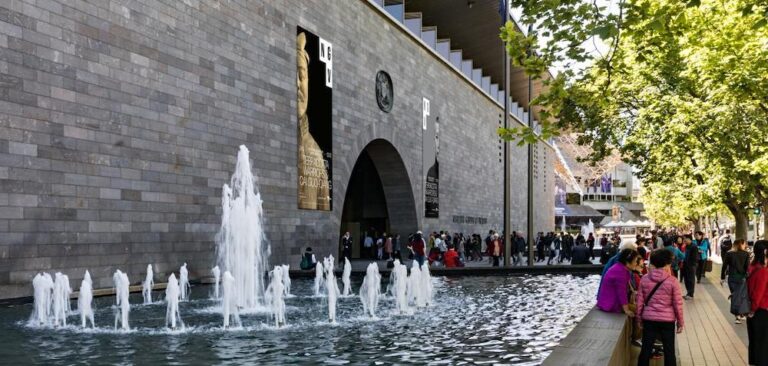
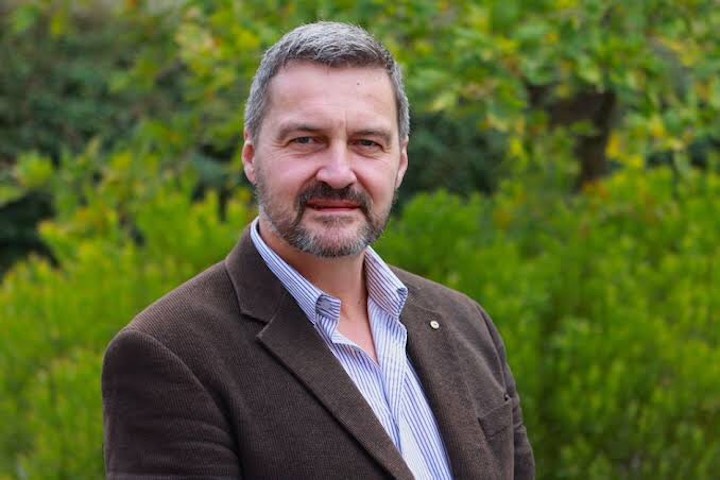


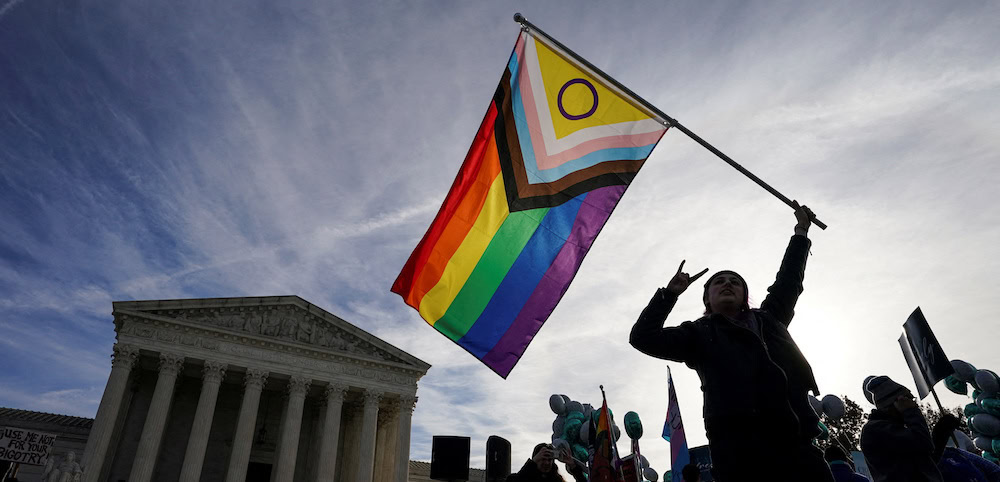
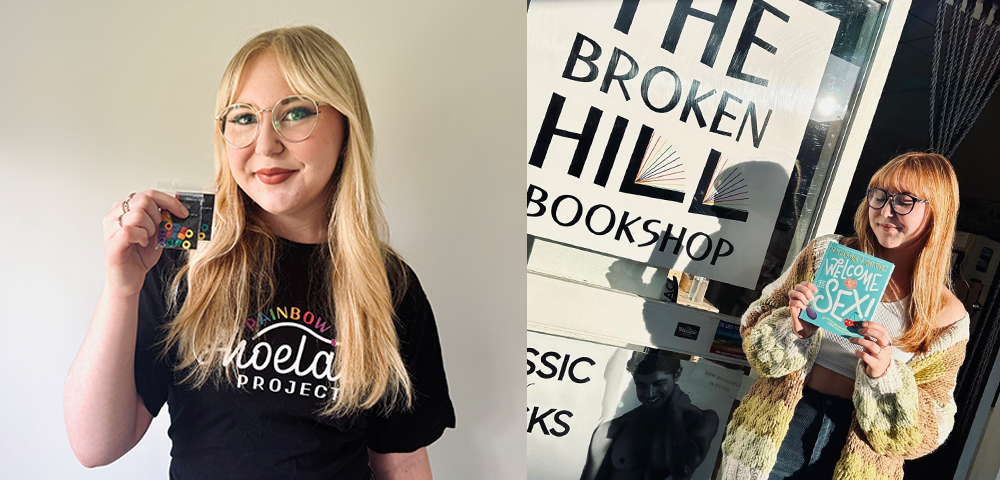
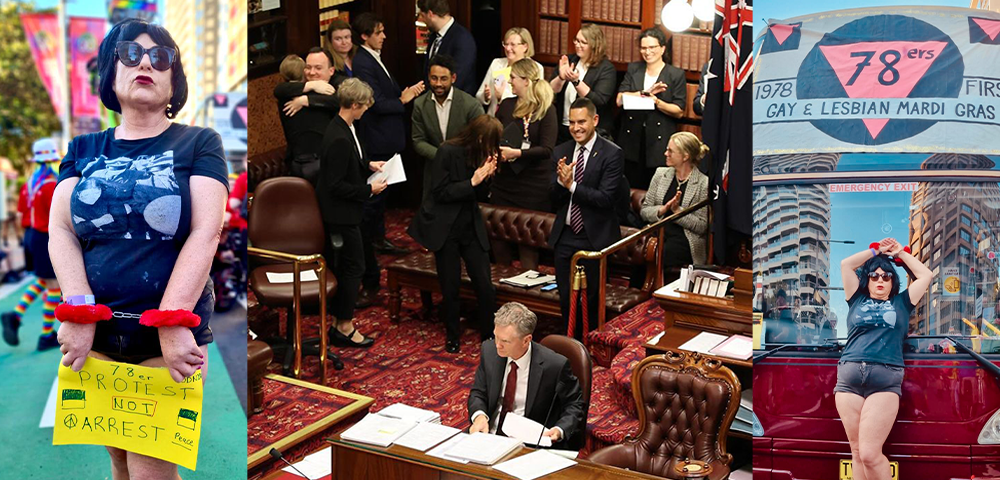
Um, Greg … Lyndon does mention the multi-religious nature of Lebanese society, as does the Helem spokesperson he interviewed. Further, nowhere in this article is it stated that there are only Muslims in Lebanon. In fact, the article is not focused on Muslims at all. I suggest you re-read it.
The SSO encourages feedback and debate on the issues raised within the paper.
The focus of this article is on the work of a leading activist organisation within Lebanon. All the quotes are original from one of the founding members of Helem, obtained specifically to offer SSO readers an understanding of the situation faced by LGBT in Lebanon.
Not only does this article explicitly acknowledge the multi-religious aspect of Lebanon, the article states how this factor adds further complexities to achieving equality in the country.
Besides there being Islamic people or Moslem people in Lebanon, or as it is called in ancient times Phoenicia. Modern Lebanon is a construction of the nineteenth and twentieth century post Treaty of Versailles French mandate of Syria and Lebanon (and Iraq), besides the British mandate over Egypt and Palestine/Israel. The area is also known from antiquity as a part of West Asia. The Europeans due to what is called Eurocentralism call this area inaccurately and collectively (as a part of) the so-called Middle East. Modern Lebanon has a Christian Maronite (Eastern Catholic) population as well as a Moslem/Islamic population since Late Antiquity (pre and post 590s CE) and the Byzantine (Eastern Roman) Empire, and up until the present time.
As the Gay media always is commenting about there only being Moslems (straight and GLBT) in the area covered by what is called Lebanon and modern (not ancient) Syria, or what the Syrians regard as Greater Syria, which is Syria and Lebanon as a client state. Why is there no comment on the Christian GLBT part of modern Lebanon, the Christian Maronites?
Is this a part of the “historical-political and cultural amnesia” of the Gay media, or that of convenience or ignorance of the reality of the culture and political, social and ethnic structure of this area of the world?
Does the SSO just copy other media sources, or do they ignore the Lebanese media itself or Arabic media, or the Lebanese Moslem/Islamic and Catholic Maronite communities in Australia for comments and feedback on the historical and political/cultural distortions that the media presents to the readers of the SSO, and also the world media?